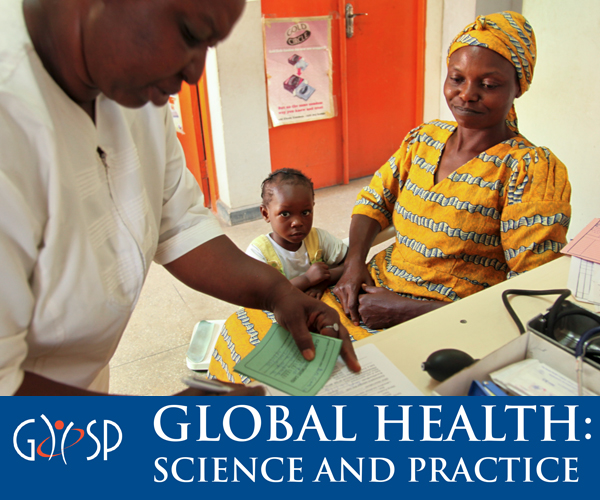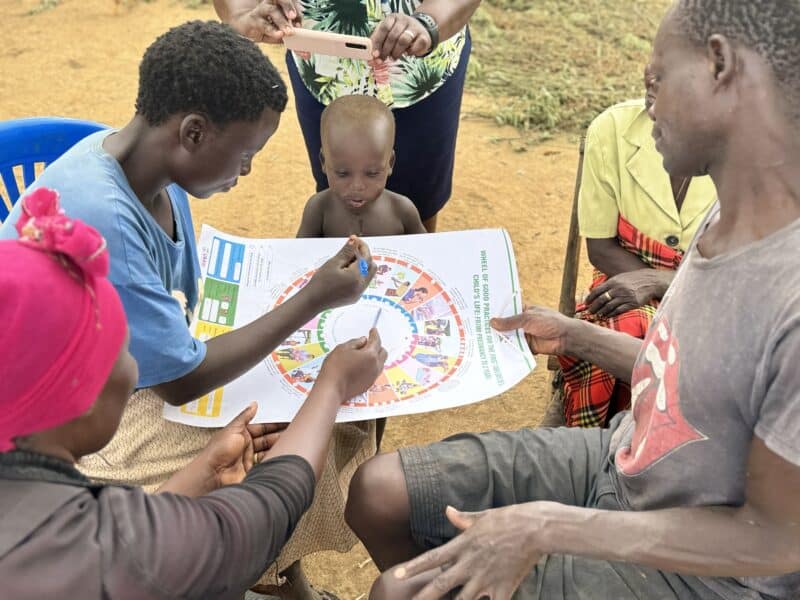Across the developing world, wealthier women are generally more likely than poorer women to use long-acting and permanent methods of contraception than short-acting methods, according to new research published in the March issue of Global Health: Science and Practice. The findings are based on analysis of Demographic and Health Survey data from 30 developing countries. Additional articles in the March issue featured commentary and original research on family planning and immunization integration, expanding access to the IUD, preventing cervical cancer through a single-visit approach, and more, including:
- Abbreviating the Wealth Index to Measure Equity in Health Programs More Easily
- Birthing Centers Staffed by Skilled Birth Attendants: Can They Be Effective … at Scale?
- Expanding Access to the Intrauterine Device in Public Health Facilities in Ethiopia: A Mixed-Methods Study
- Social Entrepreneurship: A Case Study From Brazil
- Casas Maternas in the Rural Highlands of Guatemala: A Mixed-Methods Case Study of the Introduction and Utilization of Birthing Facilities by an Indigenous Population
Global Health: Science and Practice (GHSP) is a no-fee, open-access, peer-reviewed, online journal aimed to improve health practice, especially in low- and middle-income countries. Issued four times a year, GHSP includes articles on all global health topics, covering diverse programming models and a wide range of cross-cutting issues that impact and support health systems. The journal is co-published by USAID and the Knowledge for Health Project, which is based at the Johns Hopkins Center for Communication Programs.





